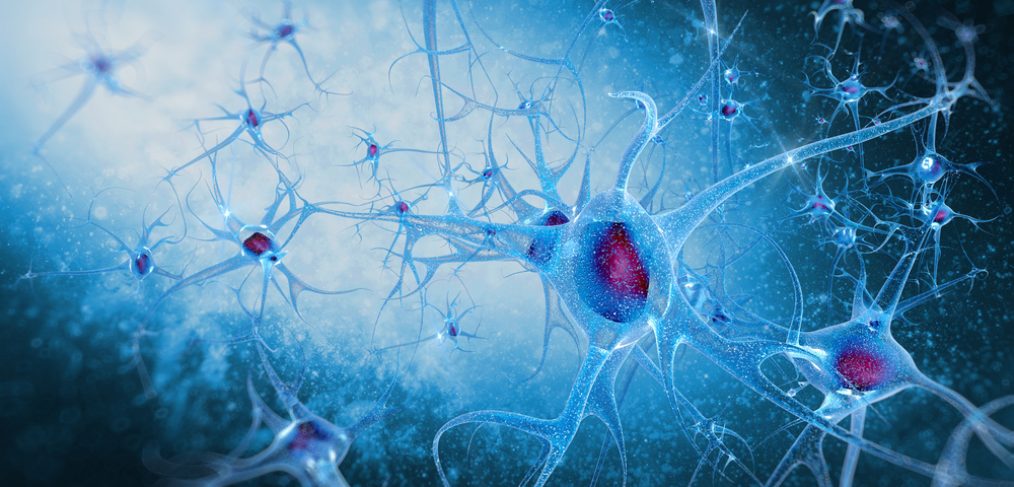If you absolutely can’t start your morning without coffee or get through the afternoon without a cup of tea, you’re in for good news. For years, the healthcare community has advised against regular caffeine consumption because caffeine is thought to disturb the natural cardiac rhythm of your heart, but a recent study challenges this advice. Coffee, tea and dark chocolate are full of antioxidants that may actually benefit your heart’s health, and according to this study, they are safe to be consumed daily.
The Study
Close to 1,400 individuals were chosen to participate in a year-long study that looked at the effects of daily caffeine consumption on the heart. “Clinical recommendations advising against the regular consumption of caffeinated products to prevent disturbances of the heart’s cardiac rhythm should be reconsidered, as we may unnecessarily be discouraging consumption of items like chocolate, coffee and tea that might actually have cardiovascular benefits,” says the study’s senior author, Dr. Gregory Marcus, director of clinical research in the division of cardiology at the University of California, San Francisco. “Given our recent work demonstrating that extra heartbeats can be dangerous, this finding is especially relevant,” Marcus adds. Marcus is referring to research that points to extra heartbeats being a cause of heart problems and stroke, but this is in rare cases.
The Results
Researchers monitored the chocolate, coffee and tea consumption of each of the 1,400 participants, and participants wore portable devices that monitored their heart rhythm continuously for 24 hours. During the course of the survey, 61 percent of participants consumed more than one of the caffeinated products daily and the results were that those who consumed more than one caffeinated item each day had no extra heartbeats. These findings are important because “this was the first community-based sample to look at the impact of caffeine on extra heartbeats, as previous studies looked at people with known (heart rhythm disorders),” says study lead author, Shalini Dixit, fourth-year medical student at the University of California, San Francisco.
The results of this study are exciting and encouraging because it was previously thought that regular caffeine consumption was related to extra heartbeats or a racing heart. This University of California, San Francisco study challenges those beliefs and asserts that caffeine can be consumed daily. It is important to note that the study looked at caffeinated products that are known to have additional health benefits (coffee, green tea and chocolate) and not drinks health experts warn people to stay away from like soft drinks. Additionally, the study authors say that before determining whether or not there are additional health risks to heavy caffeine consumption, more studies are necessary.
This study seems to confirm that like most things, caffeine in moderation is safe for your heart, and that some of the products containing caffeine may have additional health benefits. The antioxidants in coffee, green tea and chocolate provide health benefits for your body by fighting inflammation, protecting against free radicals and can even help lower cholesterol and blood pressure. Enjoy these products in moderation, knowing that they won’t cause your heart to work overtime.






